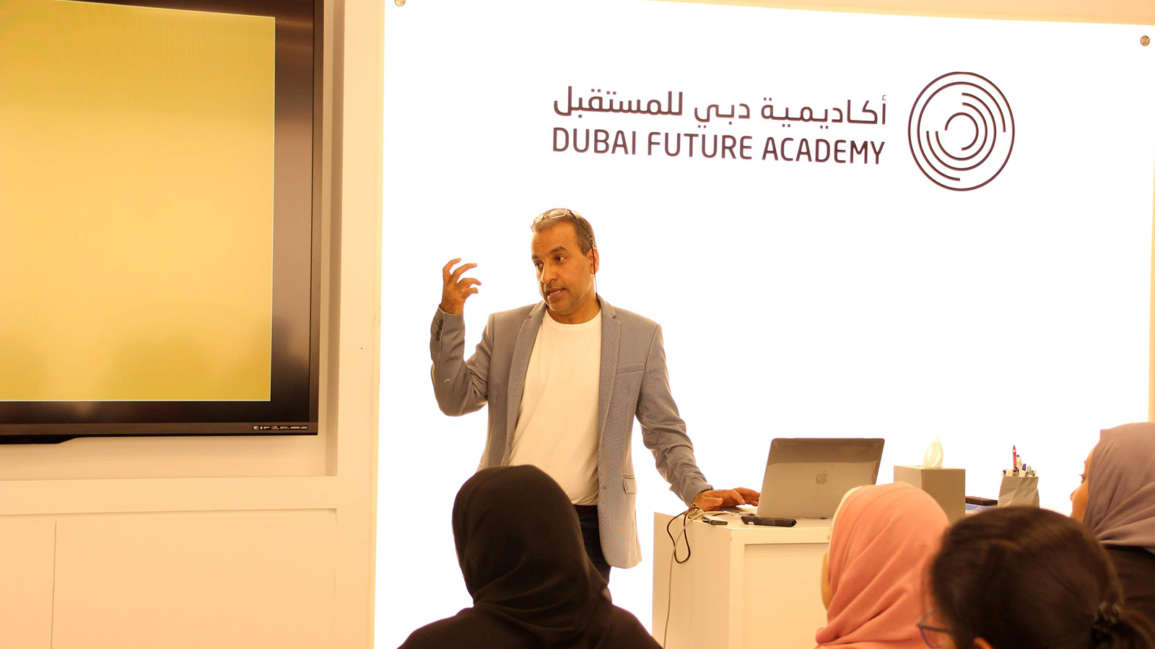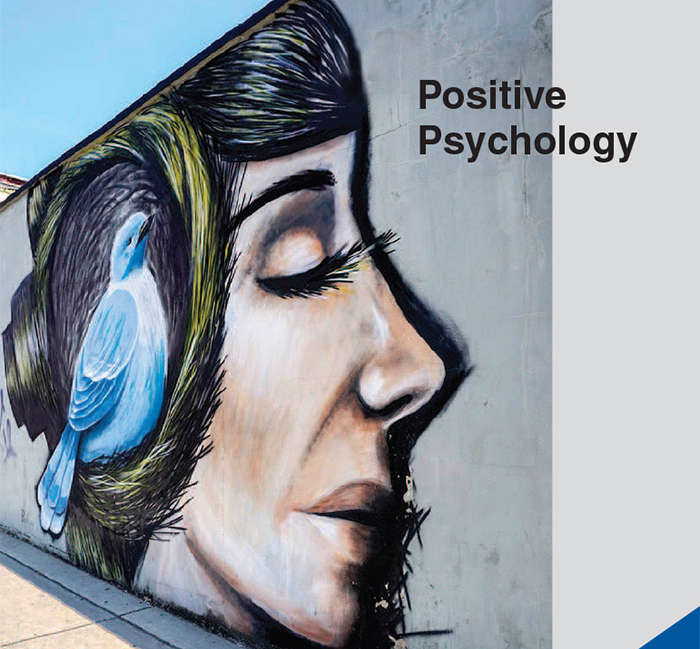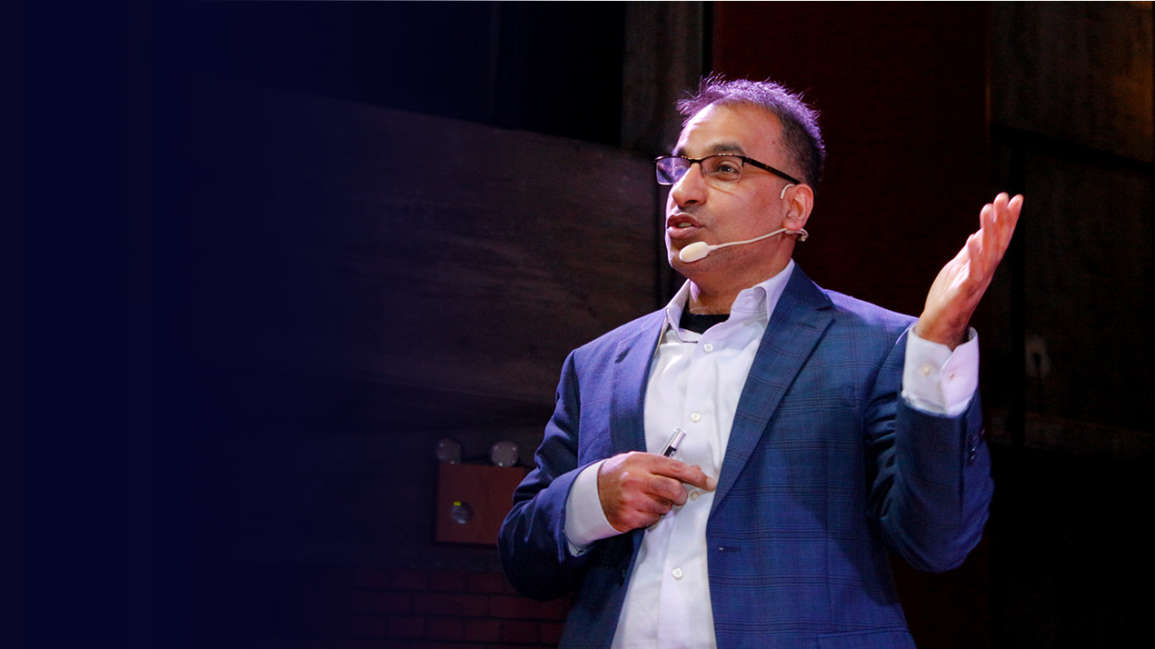Nearly 50 years ago, Martin Seligman and Steve Maier experimentally proved that human beings or animals can learn to become helpless when they experience uncontrollable situations and even give up avoiding aversive stimuli. Known as the Theory of Helplessness, this line of scientific inquiry is backed by robust research and has a major impact in explaining a number of psychological…
by Tayyab Rashid July, 2021 The realization that I am a citizen of an uneven world is perhaps the most inconvenient truth exposed by COVID-19. The recent unearthing of hundreds of graves of Indigenous children in Canada, brutal killing of Asian Americans in Atlanta and death of George Floyd are stark reminders that racism was and remains a reality in…
“I was dreaded with the thought of being in a room, in a new country for two weeks . . . now I think, it could have been worse,” is the response of an 18-year-old international student, safely tucked away in a downtown Toronto hotel room. I had just reached him by phone for a quarantine follow-up. “Worse in what…
Character is the virtue of hard times, Former French president Charles de Gaulle observed. Hard times not only build character but also reveal it. How can we use and build our character when the adversary (COVID-19) is invisible, pervasive and potent – a global pandemic, killing thousands, infecting millions and dramatically altering the daily routine of billions? Over the landscape of time,…
Everyone wants to be happy and pursues happiness in a myriad of ways–from tickling the senses to numbing the misery with tranquillizers; from sprinkling smiley faces on a social media playground to chasing armchair happiness gurus, from seeking thrills to following the latest fads.
Positive psychotherapy (PPT) is a therapeutic endeavor within positive psychology to broaden the scope of traditional psychotherapy. Its central premise is to assess and enhance positive resources of clients, such as positive emotions, engagement, relationships, meaning, and accomplishments, in treating symptoms. Amplifying these positive resources may serve clients best not when life is easy, but when life is difficult, because…
by Tayyab Rashid I am a clinical psychologist. In psychotherapy sessions, my clients unpack words—spoken or expressed saliently; our expressions—benign or belligerent, and actions—committed or omitted. Through these words, emotions and intentions, they share with me how they feel about the world and how the world thinks about them. I work from a strengths-based therapeutic perspective. Without minimizing the distress,…






